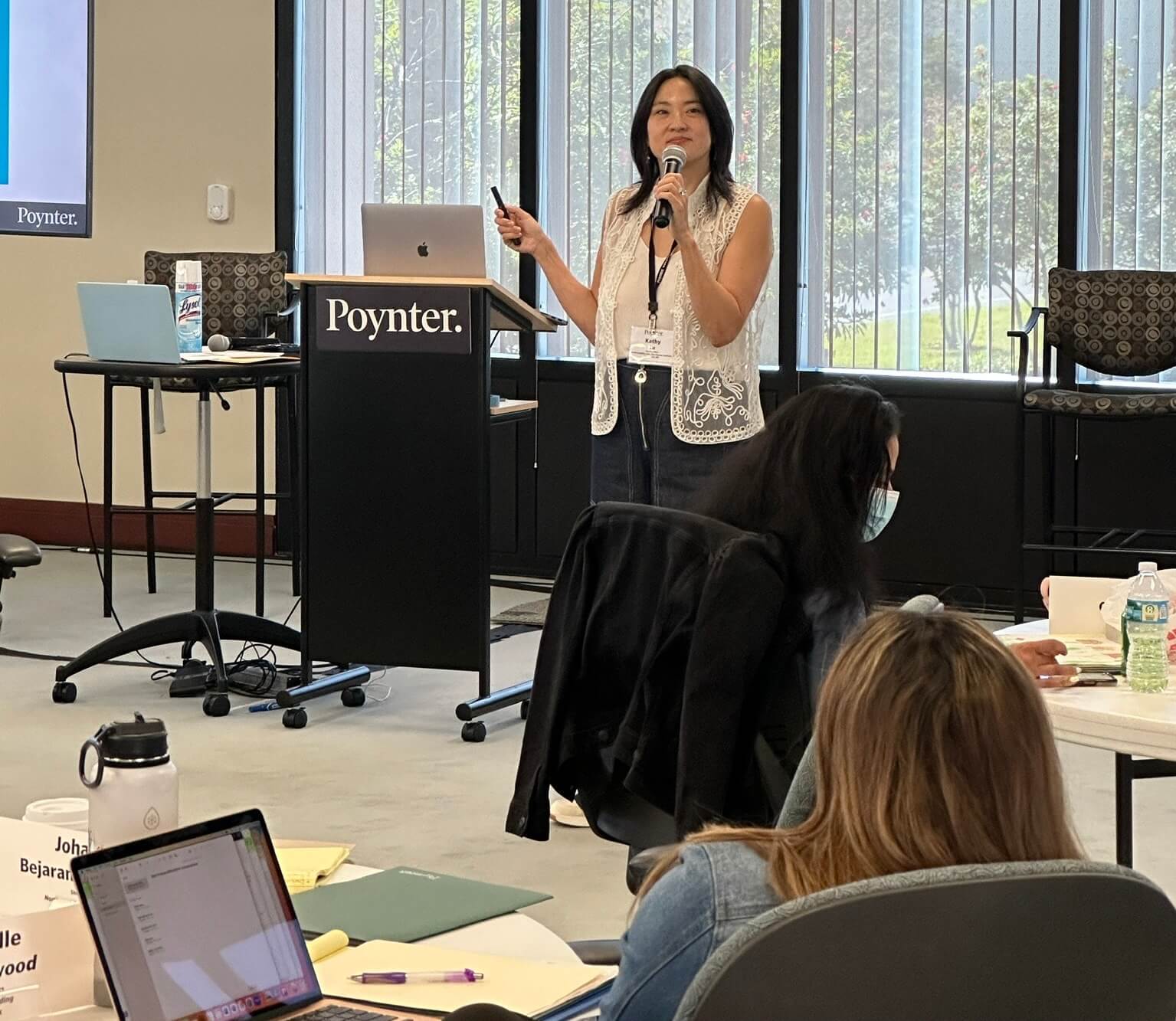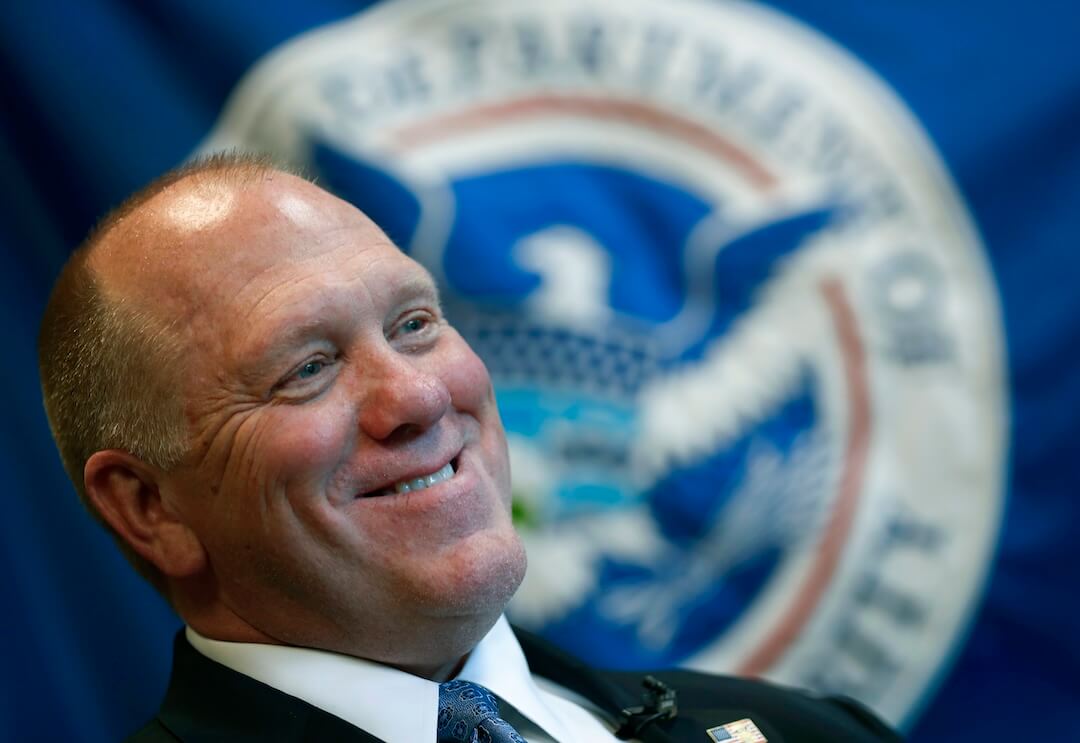
2013 file photo: Jason Rezaian, right, an Iranian-American correspondent for the Washington Post, and his wife Yeganeh Salehi, an Iranian correspondent for the Abu Dhabi-based daily newspaper, The National. Rezaian was detained in Tehran on July 22, 2014 along with Salehi, and two photojournalists. Rezaian, who was born and spent most of his life in the United States, is the only one of the four still behind bars. (AP Photo/Vahid Salemi, File)
Jason Rezaian, the Washington Post reporter stuck in an Iran prison for nine months on suspicions of espionage, is likely a victim of tricky internal politics that stem from his own dual citizenship, according to one expert.
Rezaian is California-born but the son of an Iranian father, a fact that may partly explain why many observers believe the charges brought against him are dubious.
“There is no question he is being screwed,” said Hooman Majd, an Iranian-American and expert on the inner workings of Iranian government and society for the Council on Foreign Relations in New York.
But to cast his situation as simply a political tussle between Iranian hardliners and moderates in the government may be too simplistic, he said on Tuesday.
Given his father’s background, he had to enter the country on an Iranian passport. As far as the government is concerned, he is an Iranian. That immediately puts him in a more precarious situation than an American who enters on a U.S. passport and with an Iranian visa.
There are inevitably those in any Iranian regime who believe that an individual who carries such dual citizenship should be viewed with suspicion and may be assisting enemies of the regime.
That may be total folly when it comes to Rezaian, says Majd. But it doesn’t discount the near certainty that some doubt his innocence and think he’s provided sensitive information, even if inadvertently, to U.S. intelligence.
The Iranian expert thinks that such an allegation is all the more unlikely given how closely all journalists are monitored in Iran, including generally having their phones tapped and emails inspected. A journalist is an unlikely cover for anybody interested in spy craft.
But Iran’s difficult government dynamics include tensions between two separate intelligence agencies and clear frictions between the culture and foreign ministries, on one hand, and the Revolutionary Guards who control the second intelligence ministry, report to the nation’s Supreme Leader and control the court system.
“I’m sure the foreign and cultural ministries would rather not have this problem and want it to go away,” Majd said. “But some in Iran definitely believe that people like Jason are continually engaged in some sort of espionage and journalism is a cover for that.”

Iranian President Hassan Rouhani speaks during a press conference in Tehran, Iran, Saturday, Aug. 30, 2014. Rouhani declined to answer a question about a detained Washington Post journalist, Jason Rezaian. (AP Photo/Ebrahim Noroozi)
Ironically, the culture ministry, which must get approval to hand out press passes from the intelligence ministry, had renewed Rezaian’s own pass shortly before he was arrested. They simply would not have done so if they thought he presented a problem, Majd said.
The Obama administration calls the espionage charges “absurd” and asked for his release, as have many U.S. and international journalist groups. This individual drama has played out amid the high-profile U.S.-led negotiations over Iran’s nuclear program, which recently brought word of a tentative “framework” for a final deal. Those negotiations are among the several major policy rifts between Rouhani and hardliners.
“But I don’t think that the administration believe that the folks in charge of the Iranian administration really have power to do anything about Jason,” said Majd.
So what might happen now, given what appears the near certainty of a trial to climax an imprisonment that Majd said probably includes psychological, if not necessarily physical, abuse?
Majd believes that whether or not his original arrest was part of a big internal political dispute between hardliners and Rouhani on various issues, including the nuclear talks, it’s now spun somewhat out of control.
It could well become a potential embarrassment even for the same Revolutionary Guards who arrested him.
“So if he does get convicted, they know it won’t be believed by anybody outside of Iran,” said Majd. “Nobody will believe it. It will then be easier for them to get rid of the problem since, as the months have dragged on, it’s become a headache.
It would thus not be improbable that he’s put on trial, convicted based on specious evidence and then allowed to leave the country.






